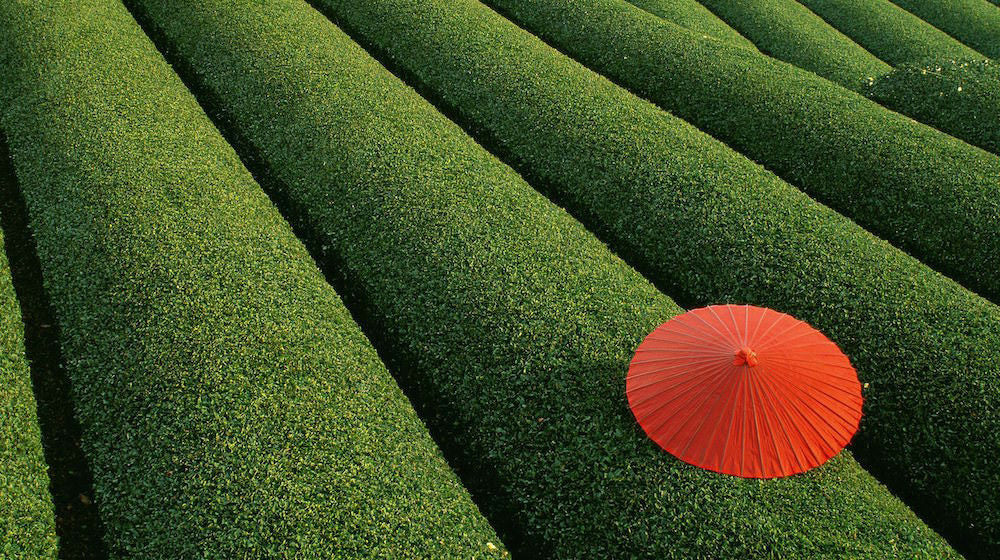Tea tourism blooms in Hangzhou
The official tea harvest season in Hangzhou from spring to summer gives visitors to China the perfect chance to discover that the country has more wonders than just the Great Wall.
Like San Francisco, Hangzhou is a city by the bay. Like New York, it has world-class museums and cultural activity beating around a heart of green space. Like Venice, its houses are lapped by the gentle currents of a canal.
An hour south of Shanghai, Hangzhou is the tea capital of China and was described by Venetian explorer Marco Polo as "the most beautiful and splendid city in the world."
The region’s hand-produced Dragon Well tea comes in many grades and varieties. But the only version considered genuine is grown in villages and plantations surrounding Hangzhou’s fertile West Lake.
The West Lake remains the canvass on which the city’s beauty is portrayed. As UNESCO explained when designating it a World Heritage Site, the West Lake "inspires people to project feelings onto the landscape."
There are two wonders in China: one is the Great Wall, and the other is the Grand Canal — the oldest and longest man-made canal in the world. It stretches 1,200 miles from Hangzhou to Beijing and has stood the test of time for more than 2,000 years. An engineering marvel comparable to the Great Wall of China, the Grand Canal incorporates 132 heritage sites (seven of which are in Hangzhou).
The popular saying in China — "Above is paradise, below is Hangzhou" — illustrates the characteristics of the "heavenly city" and Impression West Lake, which presents the local history and culture by exploring the beautiful landscapes, folk lore and myths of Hangzhou, such as the Legend of White Snake. Impression West Lake was created by the people behind the opening ceremony of the Beijing 2008 Olympic Games.


0 comments